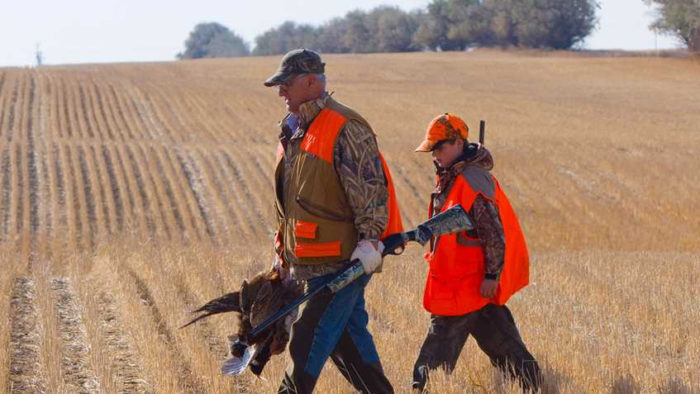Maine: Pro-Hunting Measures to Receive Public Hearing on Wednesday
March 23, 2021On Wednesday, March 24, the Inland Fisheries and Wildlife Committee will hold a public hearing on two pro-hunting measures, LD 635 and LD 666. Please contact committee members and ask them to SUPPORT these two important hunting measures.
Legislative Document 635, sponsored by Senator Trey Stewart (SD 2), repeals the requirement to obtain a permit before hunting with a noise suppression device. Of the forty states where you can hunt with a suppressor, Maine is the only one that requires a permit to do so. It’s a laborious process that ties up state IF&W resources, and does nothing to enhance public safety. There are numerous benefits to hunting with suppressed firearms, including: eliminating noise complaints that are frequently an excuse to close hunting lands; reduction in recoil and muzzle rise to help increase the accuracy of hunters; and reduction in muzzle report and the risk that a hunter will suffer permanent hearing loss if they fail to use hearing protection.
Legislative Document 666, sponsored by Representative Dustin White (HD 146), allows a person who holds a junior hunting license, has completed a relevant hunter safety course, and is at least 14 years of age, to hunt without being accompanied by a junior hunter supervisor. Considering the number of hunters in the U.S. is on the decline, and has significantly declined in the past couple of decades, we must do everything we possibly can to reverse this trend.
Again, please contact members of the Inland Fisheries and Wildlife Committee and ask them to SUPPORT LD 635 and LD 666. NRA Members and Second Amendment supporters are also encouraged to testify or submit written testimony. You must be signed-up to testify remotely, 30 minutes prior to the start of the hearing.
Established in 1975, the Institute for Legislative Action (ILA) is the “lobbying” arm of the National Rifle Association of America. ILA is responsible for preserving the right of all law-abiding individuals in the legislative, political, and legal arenas, to purchase, possess, and use firearms for legitimate purposes as guaranteed by the Second Amendment to the U.S. Constitution.



